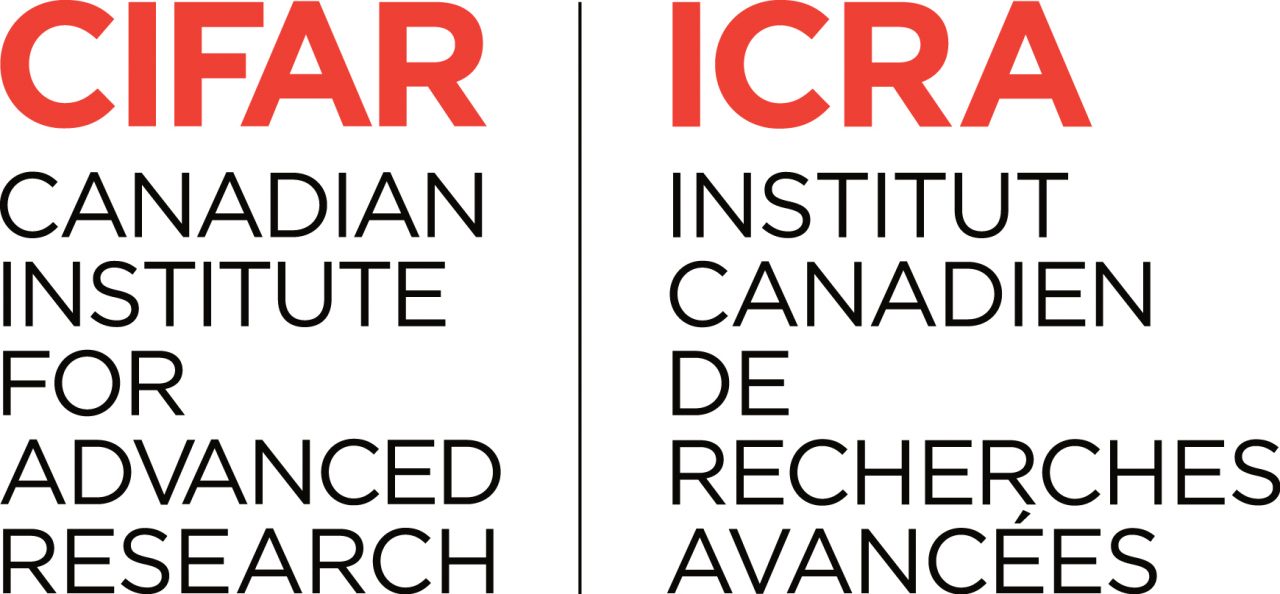
The Canadian Institute for Advanced Research (CIFAR) plays an important role in supporting Canadian astroparticle physics researchers by connecting them to the broader scientific community in Canada and across the globe.
Their Gravity & the Extreme Universe program, founded in 1986, is CIFAR’s longest running program to date. It brings together world-leading theorists and experimentalists from diverse but inter-related fields. Dr. Arthur McDonald is currently an Associate Fellow in the program and has been involved with CIFAR for more than 20 years. He was previously an advisory committee chair and a member of the Research Council. Mark Chen, Gray Chair in Particle Astrophysics (and a McDonald Institute-associated researcher), is a Senior Fellow in the program who CIFAR helped bring to Queen’s University in 2000.
CIFAR fellows are collaborators on major astroparticle physics experiments at the national and international level. By bringing together many of the top researchers from key projects, which span a greater breadth than any one collaboration could, the Gravity & the Extreme Universe program has fostered cross-fertilization of ideas that have opened new avenues of research and shaped long-term research goals.
The program’s current research focus is on extreme gravity and understanding the origin and evolution of the universe. The program explores this, and other profound questions about fundamental physics and astrophysics, using the new revolution in gravitational wave detection, and leading electromagnetic and particle experiments like those installed at SNOLAB, and observations like those generated by the CHIME Telescope.
The partnership between the McDonald Institute and CIFAR will deepen CIFAR’s longstanding involvement with the Canadian astroparticle physics community, and create new opportunities for collaboration. Arthur McDonald and Mark Chen have helped keep CIFAR’s Gravity & the Extreme Universe program actively engaged with neutrino research, and now the McDonald Institute’s wider community will contribute to this exchange of ideas. Access to CIFAR’s international and interdisciplinary networks will help McDonald Institute researchers shape new perspectives and spark ground breaking ideas in astroparticle physics and beyond.
CIFAR is physically located at the University of Toronto. The University of Toronto acknowledges the land on which it operates. For thousands of years it has been the traditional land of the Huron-Wendat, the Seneca, and the Mississaugas of the Credit River. Today, this meeting place is still the home to many Indigenous people from across Turtle Island and the University of Toronto community is grateful to have the opportunity to work on this land. Read more
